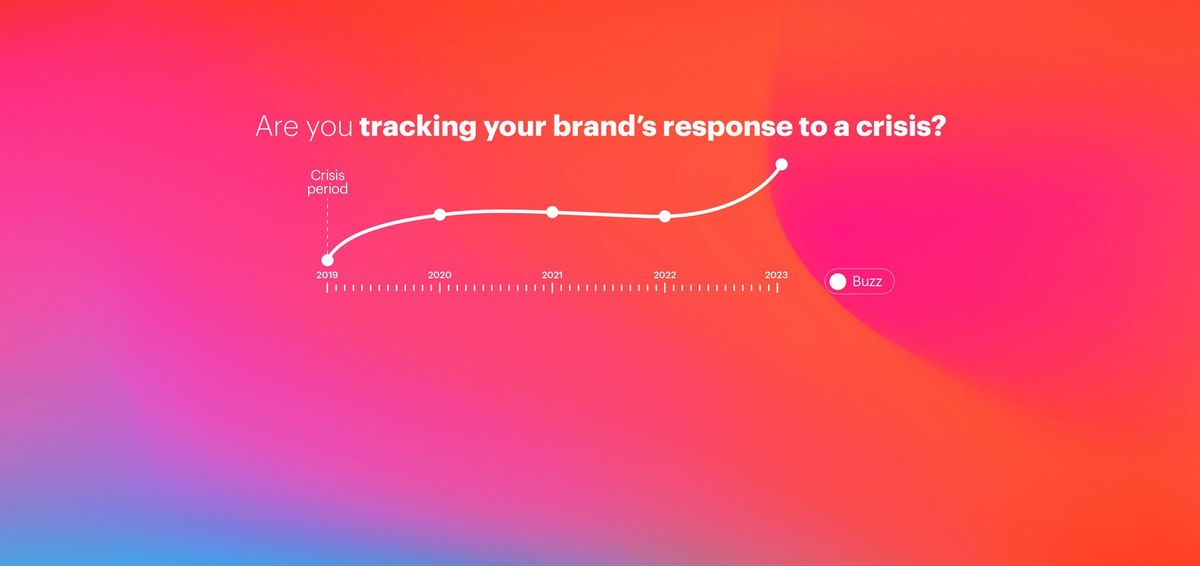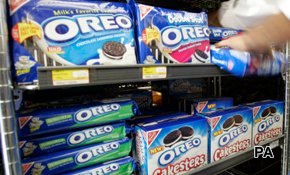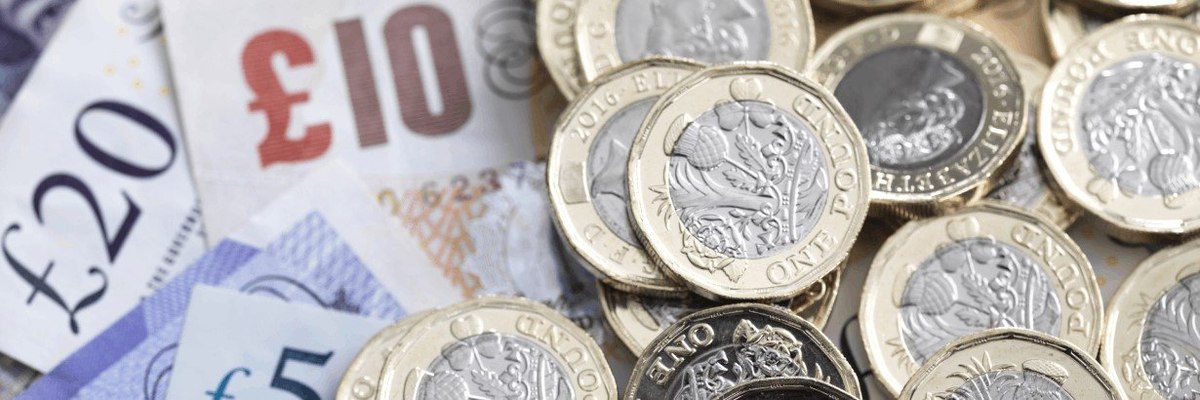
Four ways market research helps in a crisis
In a brand crisis, communication is critical. How a brand handles a crisis event can have a significant impact on its reputation and future success. That's why it's crucial to have a crisis communication plan in place.
But what happens when the unexpected occurs? That's where data comes in. Research can provide valuable insights to help brands navigate crises.
We break down four key ways research data can help with crisis comms:
Prepare for the crisis
Crises regularly hit brands, highlighting the importance of preparation so they can deal with them quickly and efficiently. Crisis communication research plays an important part in this preparation, enabling brands to identify their key audiences (current customers, former customers, considerers etc.) and understand how best to communicate with them when a crisis strikes.
By conducting research during “peace time”, brands can establish a benchmark to measure against if a crisis hits and use findings to inform the development of effective crisis communications messaging.
Assess public perception
In-depth crisis market research allows brands to gain a deeper understanding of how the public perceives the crisis and develop an effective crisis communication plan that addresses public concerns and provides accurate information. This not only helps to mitigate the impact of the crisis but also helps to rebuild trust and maintain the brand's reputation over the long term.
For example, if a company experiences a data breach, research can be conducted to understand how the wider public sees the situation. This could involve gathering feedback on the company's response, such as the effectiveness of their crisis communications messaging and the clarity of the information provided. This feedback can be used to develop targeted messaging that addresses concerns and provides accurate information.
In addition to assessing public perception, crisis market research can also help identify any misconceptions or false information that may be circulating. This is particularly important in a crisis, where false information can spread rapidly on social media and other channels. By identifying false information and addressing it directly, brands can prevent rumors from damaging their reputation further.
Test messaging and strategies
Research can help brands test their messaging and crisis communication strategies before launching them. This allows for fine-tuning and adjustment to ensure the most effective approach. By gathering feedback from target audiences, brands can adjust their messaging and ensure that they are communicating in a way that resonates with the public.
Using a niche sample self-serve tool – like YouGov Surveys – brands can quickly and easily gather feedback from specific audiences. This allows them to test their crisis communications messaging and strategies with the people who are most likely to be affected by the crisis, providing valuable insights into what resonates with them and what doesn't.
Testing messaging and strategies through research can also help brands avoid missteps that could make the situation worse. By identifying potential issues before they arise, brands can make adjustments and avoid causing further harm to their reputation.
Tracking your brand before, during, and after the crisis
Beyond simply reacting to a crisis, brand tracking empowers brands to take a proactive approach, allowing them to continuously monitor their brand health before, during, and after a crisis strikes. This enables informed decision-making throughout the crisis lifecycle, ultimately safeguarding reputation and identifying areas that may require further attention.
YouGov can help you track your brand with a one-time survey to your audience, ask them what they think regularly with a custom tracker for your brand, or connect to our daily brand tracking product, YouGov BrandIndex , for always-on brand measurement.
With daily reporting, YouGov BrandIndex will paint a clear picture of your brands’ pre-crisis baseline across a range of 16 metrics, tracking what people are seeing and hearing about your brand, as well as their consumer journey. From awareness, through consideration, to purchase intent, we’ll help you understand your current customers, former customers and those who favor your competitors.
We collect data on what our panel of over 26 million registered members thinks about 27,000+ brands every day, spanning 55+ major markets and all major sectors. This comprehensive understanding of public perception can serve as a benchmark for gauging the potential impact of any emerging issues.
During a crisis, real-time monitoring of public sentiment allows you to compare shifts in perception with your pre-crisis baseline to immediately assess the effectiveness of your crisis communications messaging. Data can be used to adjust and fine-tune strategies, enabling you to regain public trust and minimize long-term damage.
Crisis management surveys can be valuable tools for gathering targeted feedback on the impact of crisis communication. However, ongoing brand tracking offers a broader perspective, enabling you to monitor your recovery phase over time and measure the impact of your crisis management efforts on key brand health metrics. This comprehensive approach should guide you towards a successful return to positive public perception and provide insights into how your brand stacks up against other players in your sector during and after a crisis.
Get started today
Getting ahead with your crisis strategy will set you up for a speedier brand recovery.
From always-on brand tracking to ad hoc research surveys, we can help you identify the best way for your brand to begin preparation, assess public opinion and test your strategies ahead of time. So, take these tips to heart and start designing your own crisis communications messaging plan.
YouGov offers several solutions, catering to various research needs:
- A Self-serve survey building platform to test messaging with your audience.
- Working with a YouGov Researcher to design and send a rapid survey, we’ll help with sample and survey design, providing options to target representative or target audiences for results you can quote in the media as YouGov research.
- Bespoke Custom Research for large scale projects of a bespoke nature, tailored to your business needs.
- Daily brand-tracking across 16 key brand health metrics, helping you analyze and benchmark your success against your goals, competitors, and entire market.
YouGov’s proprietary panel of over 26 million registered members is robust, meaning you can trust in our data and can reach who you need to. The Pew Research Center concluded that YouGov “consistently outperforms competitors on accuracy” in ‘Vendor Choice Matters’.
Our high re-contact rates outstrip our competitors and allow us to create genuinely connected data on a large scale, to build on your research.

































